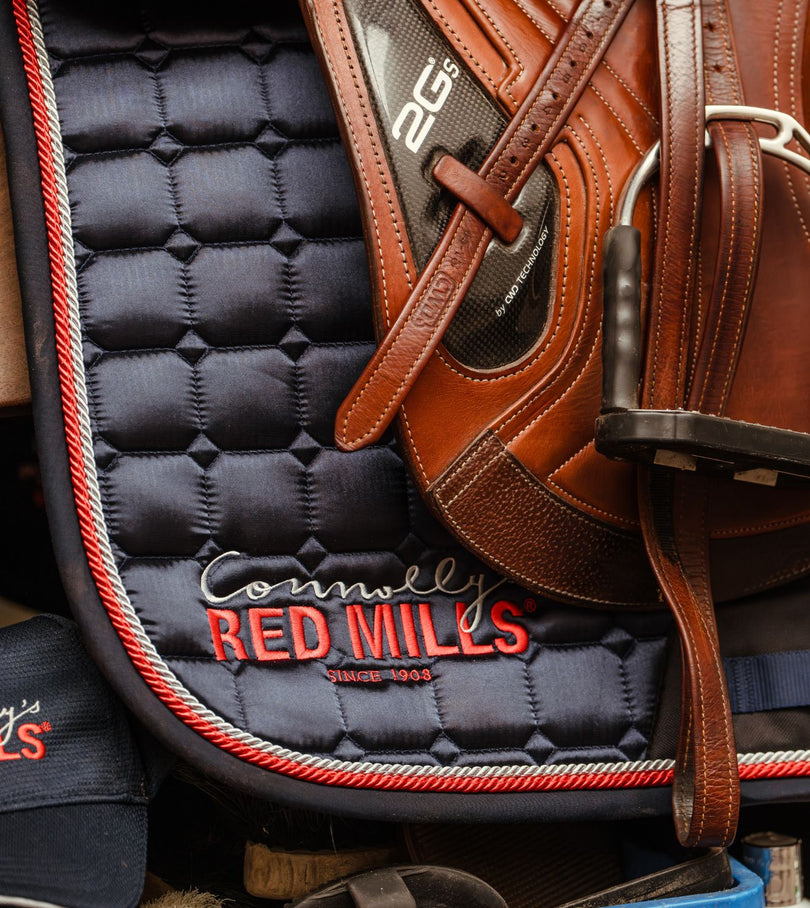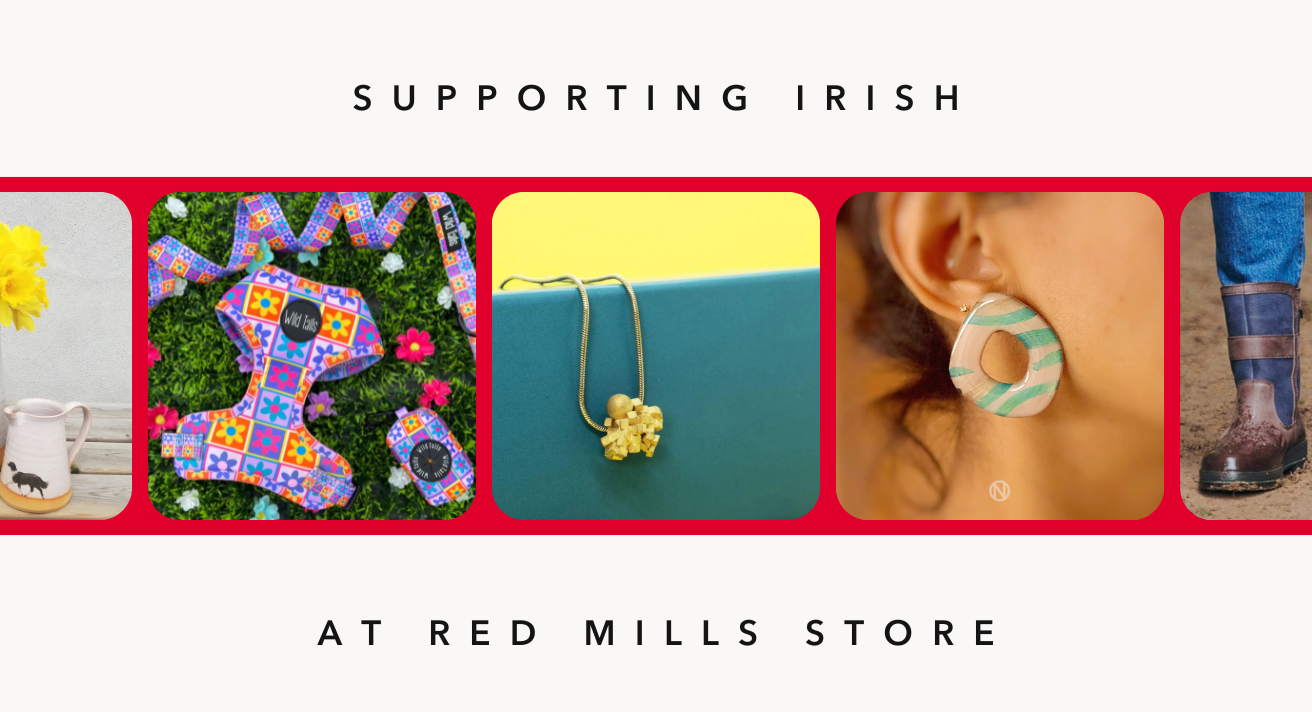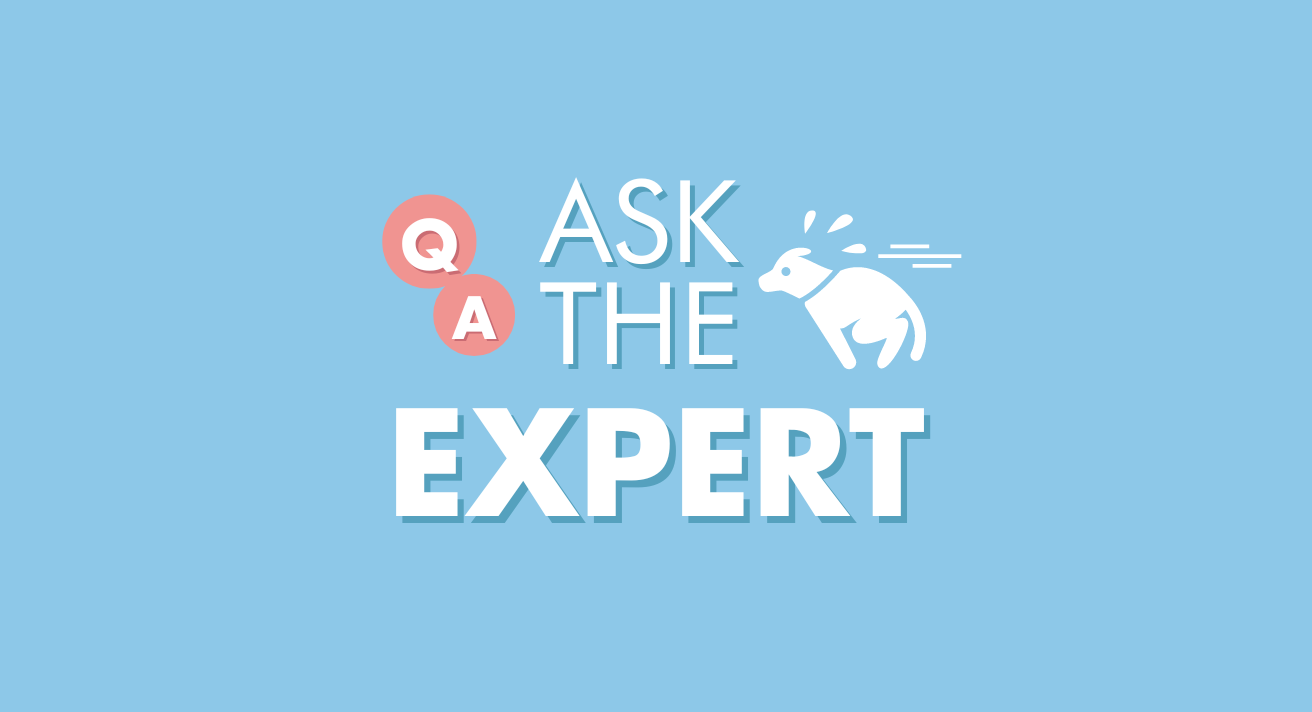We are passionate about helping rescue dogs across the country in any way that we can. This year, we have been proud to sponsor Winner Dog Food donations which have gone to help four charities around Ireland. Working with ASH Animal Rescue, MADRA, Drogheda Animal Rescue, and MoChara Animal rescue has been incredible, and we are proud as well to continue our annual sponsorship work with charities like PAWS Animal Rescue, Husky Rescue Ireland, and the Irish Therapy Dogs. We could not admire the amazing humans who run these charities any more, as many of us have first-hand experience with welcoming rescue dogs to our homes and know a little bit how challenging it can be for rescues to rehome all the dogs who enter their care.
In recent months, things have become harder for rescues around the country, as the number of dogs being surrendered has increased manifold. This is due to a variety of reasons, some among which include dogs reaching maturity or adulthood after the puppy stage and owners no longer being able to keep up with energetic dogs with very needs different to those of small pups. Some owners may have purchased puppies to join their families during the pandemic only to find that with the onset of normal life returning these dogs do not fit into their way of life and it is not possible for families to accommodate dogs. There are surely plenty of unfortunate stories out there which culminate in someone making the difficult decision to surrender their dog.
With the numbers of surrendered dogs increasing, rescues around the country are being put under an increased amount of pressure. Although these charities do incredible work year round the pressure on them at the moment means that some charities are requesting members of the public to come forward and provide a foster home for these dogs.
Fostering a dog can seem like a big commitment but we spoke to Suzy Whyte from The Dog Centre Kilkenny to learn more about what fostering a dog really means, and how people can tell if fostering a dog would be the right move for them.
What is Fostering?
Fostering happens when rescues are over-full, at capacity, and have nowhere to put dogs, but calls keep coming through or landlords give ultimatums, so rescues still are obliged to accept the dog. Sometimes, dogs are dumped, or tied to gates and railings. In these cases, charities reach out to the public and ask them to help the dogs, and temporarily home them.
What do you need to know before you foster?
The best thing to do is to get the different requirements from the rescue. Often, the requirements are similar to what you might need in order to rehome a dog. You might need need an area with an enclosed space. The rescue might ask what kind of property you live in, if you have small children, if you have a place for the dog to sleep at night, etc.
When taking in foster dogs, we often don’t know a lot of the history of the dog. If they’re dumped, we don’t know the history or what the behaviours of the dog might be, if there is a history of illness, or anything else. Rescues might need to know if you have other pets, or livestock!
Rescues will often supply food and medical needs, so this isn’t an expense on the foster parent. Rescues are just happy to have a chance for the dog to recover and will often cover vet fees and food fees if possible.
Is there anything you should have in advance?
You could get a bed, but a lot of the time rescues are happy to bring it along with the dog. Newspaper is often wanted by the rescues, a quick clean way to clean beds fast. If you’re willing to get a temp bed, crate, etc., that’s brilliant for dogs. Often rescues are just looking for the right kind of set up. If you’re home a lot, work from home, and are happy to take a surplus dog temporarily, that’s ideal. For the foster parents, they get to help out in a huge way, and fostering can often be a deciding factor if a dog can survive - and it’s temporary.
A lot of people think it’s an easy way of getting a dog, to see if it works, but be mindful, it’s a commitment. If a dog comes in with separation anxiety, don’t let that be your deciding factor. Foster dogs are coming from stressed out situations, they might be stray and it could be their first time in a home environment, so be patient with them.
What other kind of dogs can you foster?
It can be incredibly rewarding to foster old dogs, coming to the end of their life. That can’t survive or get quality of life in a rescue oftentimes. That’s a great way of having a dog in the foster system but doing a huge favour for a dog in their twilight years.












